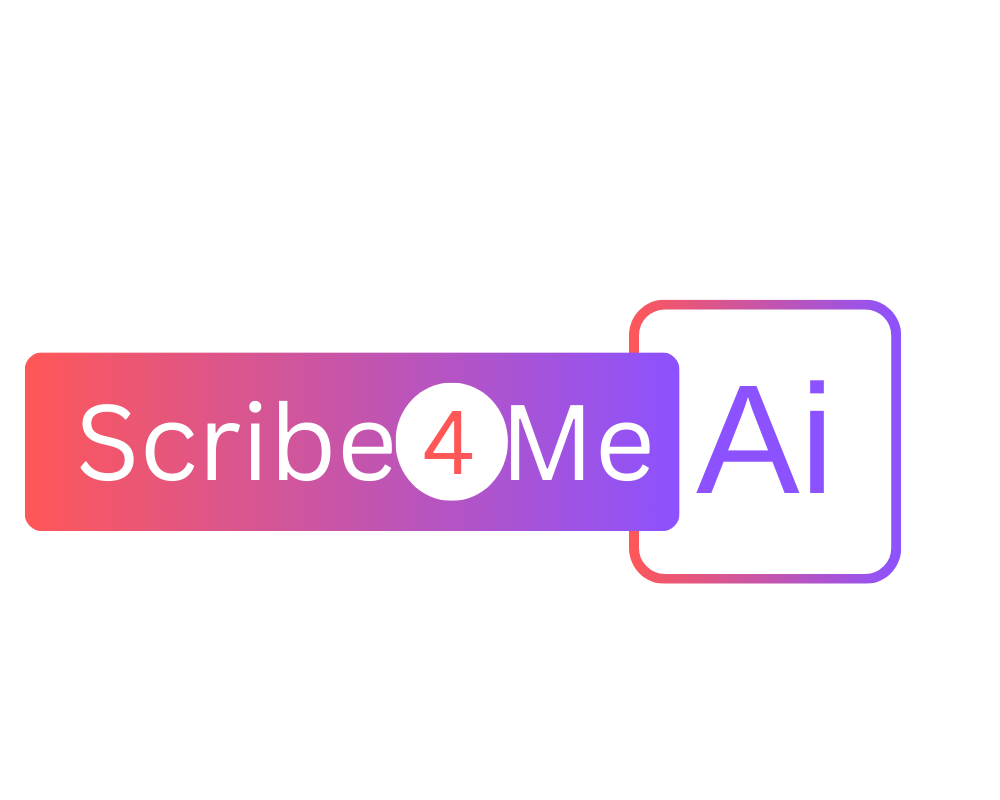

AI Scribes Have Made Their Mark And What Next?
Physicians have long struggled to balance patient care with the demands of administrative tasks like charting patient interactions often leading to burnout and dissatisfaction. In recent years, AI-powered documentation tools have greatly helped ease the administrative burden on physicians. These tools are not only improving their day-to-day lives but are also helping to reduce stress and burnout. According to healthcare leaders at a recent webinar, the initial success of AI scribes suggests a promising future, with even greater potential for AI tools to take on more complex tasks, such as surfacing the right data at the right time to speed up billing processes.
AI Scribes Have Already Made An Impact
Over the past few years, AI-driven scribing tools have significantly reduced the documentation burden on physicians. These tools, designed to listen to conversations between physicians and patients, generate clinical notes and integrate them into the EHRs for physician review. This process helps physicians spend less time on documentation and more time with their patients.
Karen Wetherell, Chief Medical Officer at Village Medical, shared in a recent webinar how AI scribes have helped reduce stress, burnout, and turnover among physicians, while also restoring meaningful connections with patients. She also highlighted that physicians are now reporting greater job satisfaction, with many expressing, "I enjoy my day again. I feel caught up. I have less time that I’m spending on charts in the evening, and I can get back to my patients quicker." I’m able to give them clearer, more detailed instructions because I’m not rushing through everything.” Wetherell also pointed out that the use of AI scribing tools has helped shift the trend of retirement or switching jobs by providing physicians relief from administrative overload.
Improving The Physician-Patient Relationship
AI documentation tools not only streamline workflow but also improve the relationship between physicians and patients. Bobby Dupre, Chief Medical Information Officer at Franciscan Missionaries of Our Lady Health System, pointed out that AI has reduced the adversarial relationship that has traditionally existed between physicians and EHR systems. "Before, we were entering data while trying to engage with patients, often with our backs turned. But now, AI is changing that dynamic, making it easier for physicians to stay focused on their patients," Dupre explained. In the future, Dupre anticipates that EHRs will evolve into more conversational interfaces, which will further enhance the interaction between physicians and patients. In short, these tools are not only reducing administrative workload but also restoring the physician-patient relationship.
What’s Next for AI In Healthcare?
Looking ahead, healthcare leaders are eager to see AI tools evolve further, especially in areas like data management and billing. Dupre emphasized that AI can help physicians access the right data at the right time, which is particularly crucial in specialties with complex conditions, like rheumatology. “AI can surface the most relevant data from the EHR, which will allow us to make quicker, more accurate decisions,” Dupre said. The need for more efficient and specialized data retrieval tools is high, especially for physicians who need to review patient charts frequently. Dupre envisions AI systems that automatically highlight critical information, allowing physicians to focus on the most important details during consultations, improving both efficiency and patient care.
Optimizing Back-End Functions With AI
While AI has made significant strides in improving clinical workflows, there is still considerable room for growth in back-end operations. One key area for improvement is coding, billing and claims processing. Dupre sees great potential in AI tools that can efficiently streamline these processes, ensuring that physicians and health systems are paid more quickly and accurately. "Could AI accelerate billing and claims processes?" Dupre asks. "If so, it would not only benefit the financial health of practices but also enhance operational efficiency, reduce delays and support better patient care.”
A Bright Future For AI Tools
AI-powered documentation tools have already made a difference in reducing physician burnout and improving productivity, by alleviating administrative and cognitive burden. As technology advances, healthcare leaders are looking for even more powerful solutions that can optimize data management and back-end functions like coding, billing and claims processing. These advancements could lead to a more efficient and effective healthcare system, benefiting both physicians and patients by enhancing care quality and improving their overall experience.
AI scribes have already made life easier for physicians by reducing charting time, stress, and burnout. And this is just the beginning. Let Scribe4Me AI help you ease your documentation load and focus more on your patients. Talk to us today.


